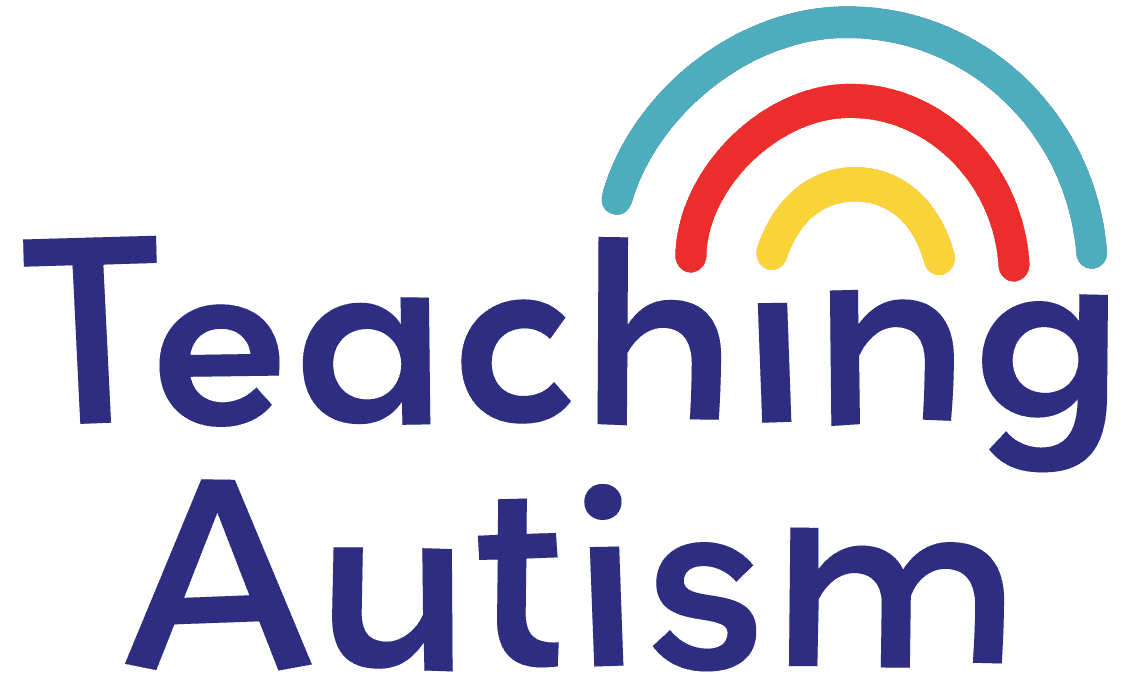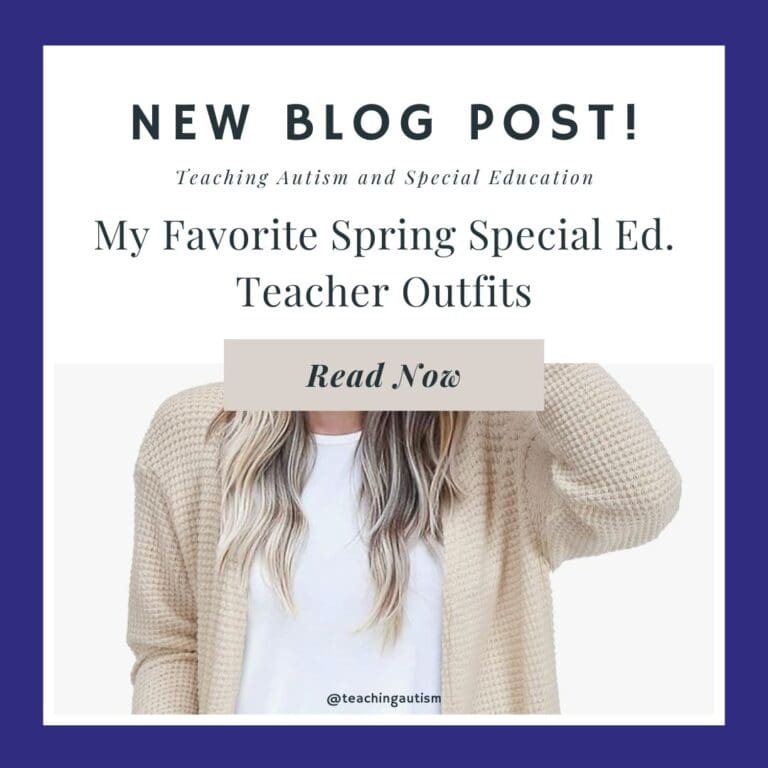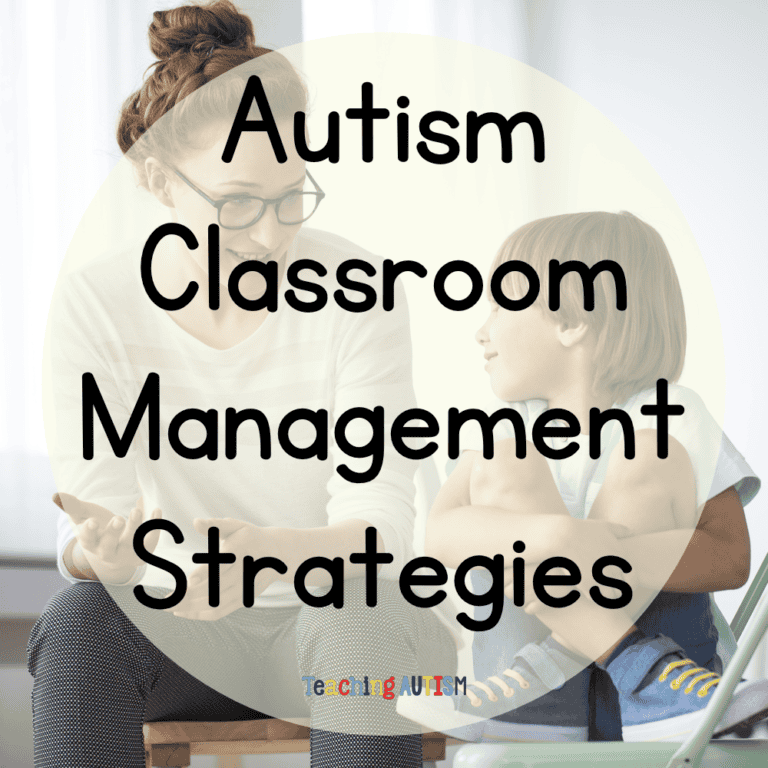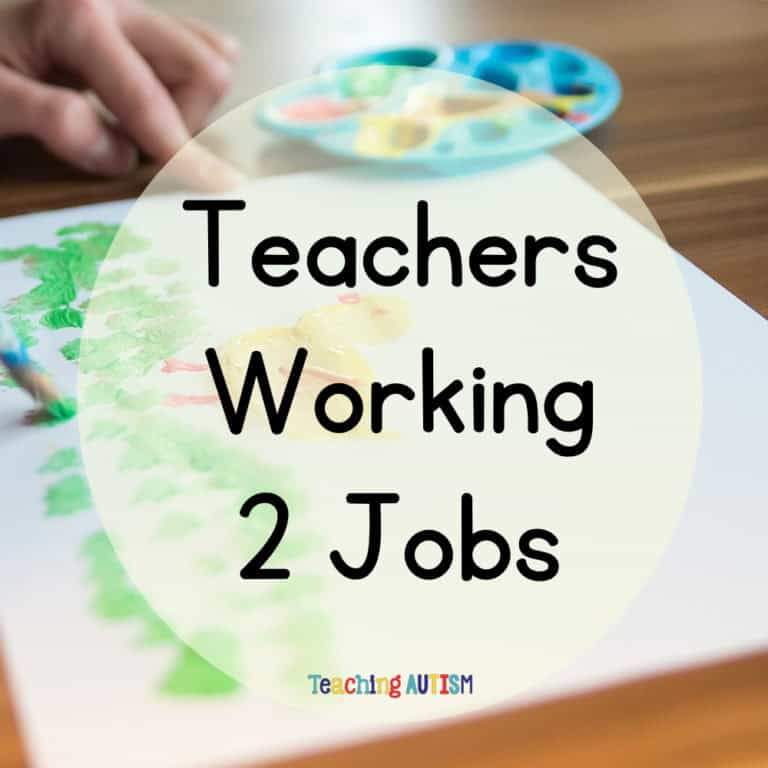5 Ways to Improve Parent Teacher Relationships
Today in this blog post I’m going to be sharing 5 ways to improve parent teacher relationships. These are some of the most important relationships that you will need to build each year. And that can be tricky at times. It’s also important to note that this blog post is also relevant for family members, not just parents. And having those relationships will have a huge effect on how your school year goes.
1. Meet Your Students Families
This is always really important. And I do love that the majority of schools prioritize meet the teacher night. I always find that first impressions go really far. And so I’ve always found meet the teacher night to be really important for starting to form those relationships.
You may meet family members during that night that you won’t see much through the school year depending on different circumstances, work commitments etc. So it’s a great opportunity to communicate and build relationships with them now.
I love to start this off by making ‘Meet the Teacher Night’ fun and inviting. Rather than something that family members may dread, because it’s the same old filling in paperwork and ticking off lists. So I love to use this ‘Meet the Teacher Night’ escape room.
By providing a fun opportunity for family members, it helps them to feel more comfortable and at ease. This leaves people more open to socializing and building those relationships. Be sure to show an interest in student’s and their families. Ask if there’s anything you need to know or that is important to them for you to know.
Take this opportunity to also introduce your assistants. If they are unable to attend, maybe put together some slides on a computer or print out about them. This could include what their likes are, and just some information about them. This will help families to feel more comfortable and knowing of your staff members in your classroom.
2. Set Up Communication Systems
Communication can be a tricky one. And that’s because people tend to prefer different methods of communication. As educators, we really do have such little time spare that it can be overwhelming when everyone wants different modes of communication. This is why it’s very important from the beginning to be open with student’s families what your ways of communicating will be. I like to be quite straight to the point for this.I tell families the following about my ways of communicating with them;
- Monthly newsletters with information about the classroom and staff will be sent home via email on a weekly basis.
- Daily communication will go through the home school communication book.
- Telephone calls will be done as an emergency or if urgent communication is required. Emails may be sent for non-urgent information.
- Once a week on a Friday I email home a copy of the BookCreator page. Their child will have created that week with pictures and information from their week.
I also make sure to let families know that it may be myself or my staff members who call/email/write in the communication logs. Relay this to family members. Ask them if they have any problems with any modes of communication that you use. Make sure to have all that information in advance. Sometimes you may have families ask for text over phone call if possible. This may be if they struggle with phone calls or even a language barrier. So they may find email better so that they can translate information easier.
3. Show an Interest
I think this is a big one. Families love when you show an interest in their child/grandchild and themselves too. Spending time asking about your students, getting to know them and showing a genuine interest will help student’s families feel more comfortable and relaxed, and will also help to build those relationship skills too.
4. Make Time to Share Positives
I think it’s really easy for time to slip away from us throughout the school year. And sometimes we tend to communicate negatives a little more than positives. And it’s ok, we’re only human. It can be difficult. So try to make a conscience effort to communicate home when students have done something really good.. Or something you’re proud of, something you’re really happy about with them. All of these things will help show student’s families how much you care about them, their progress and best interests.
I always talk about the sandwich effect. How two positives sandwiched around one negative can often be more comfortable for student’s families to digest. Whereas if it’s constant negativity and they only hear from you when you have something negative to say.. They’re going to start dreading your phone calls and/or emails and avoiding them. If the communication book is full of negatives, they’re going to stop wanting to open it. All of these things will have a knock-on effect of communication and relationships through the year. If you find it hard to remember, make a check list by your computer. Have it set up with students initials and boxes next to them for each week of the month. Place a tick in the box when you’ve made an extra effort to communicate something extra positive about the student that week.
5. Use Your Assistants
Don’t forget, if you’re lucky enough to have assistants, use them too! It’s really easy for us to think that we need to take on everything as teachers. But, our assistants are there to help and support us. I think it’s very important to work with your assistants regarding communication and relationships with students families. Don’t forget – you’re never going to be everyone’s cup of tea! Some families may click more with one of your assistants. And that’s not a reflection on you. It’s just that they’ve connected well with one of your members of staff. That is really important and positive – and not something to feel guilty about. Families are always going to respond better to someone that they have a better relationship with… Just like everyone does with anyone. We always respond better when we have a good relationship with someone. So, be sure to go over some basic communication rules with your staff about positive ways to communicate with families. Then use them to help continue that communication and building relationships with families.
What ways do you use to communicate and build relationships with student’s families? Let me know in the comments below.
If you want to check out the communication book that I use with my students, you can find it here. I also have a great paraprofessional binder here. And this training course here that I love to use to help my assistants. These combined help me to build a strong team in my classroom.
P.S. Have you signed up for a 3 day free trial of our VIP membership yet? If not, click here to do it now. You’ll get access to a huge range of resources, templates, crafts and more for free.
Nikki







